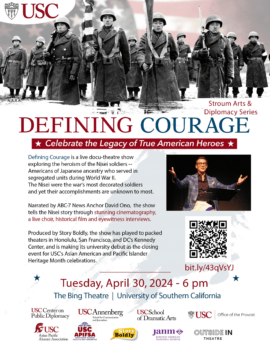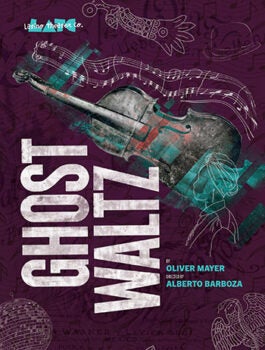“Global Guyana: Shaping Race, Gender, and Environment in the Caribbean and Beyond”
Wednesday, April 24th 2:00-4:00 P.M.
Ronald Tutor Campus Center (TCC) 232
A conversation with: Dr. Oneka LaBennett, American Studies and Ethnicity, USC Dr. Julie Livingston, Silver Professor, Department of Social and Cultural Analysis, New York University Dr. Shanya D. Cordis, African American & African Diaspora Studies Department, Columbia University.
Scholars and activists from various fields contend that in ecologically and economically precarious Global South regions, the frenzied drive for participation in the global economy supports a perfect storm of climate catastrophe, environmental devastation, and violence against women and children. The Caribbean is a key site in that it bears the brunt of climate change—the Council on Foreign Relations has identified it as one of the world’s most vulnerable regions in terms of climate change. Attention to risk factors such as rising sea levels, increasing frequency of extreme weather events, dangerously high temperatures, and coastal erosion reveals the Caribbean as “ground zero” in the global climate emergency. In her new book, LaBennet uncovers how ecological erosion and gendered violence are entrenched in extractive industries emanating from this often-effaced but pivotal country. LaBennett illuminates how both oil extraction and sand export are implicated in a well-established practice of pillaging the Caribbean’s natural resources while masking the ecological consequences that disproportionately affect women and children.Sounding the alarm on the portentous repercussions that ambitious development spells out for the nation’s people and its geographical terrain, LaBennett issues a warning for all of us about the looming threat of global environmental calamity.
This event is co-sponsored by the USC Center on Science, Technology, and Public Life and the USC Center for Latinx and Latin American Studies with support from the Mellon Foundation’s Sawyer Seminar Program. This event is also made possible by the USC American Studies and Ethnicity Africana Research Cluster, the USC American Studies and Ethnicity Latinx Geographies Research Cluster, and the USC Levan Institute for the Humanities.

From our colleagues:
Click on the images below to learn more about these events.

